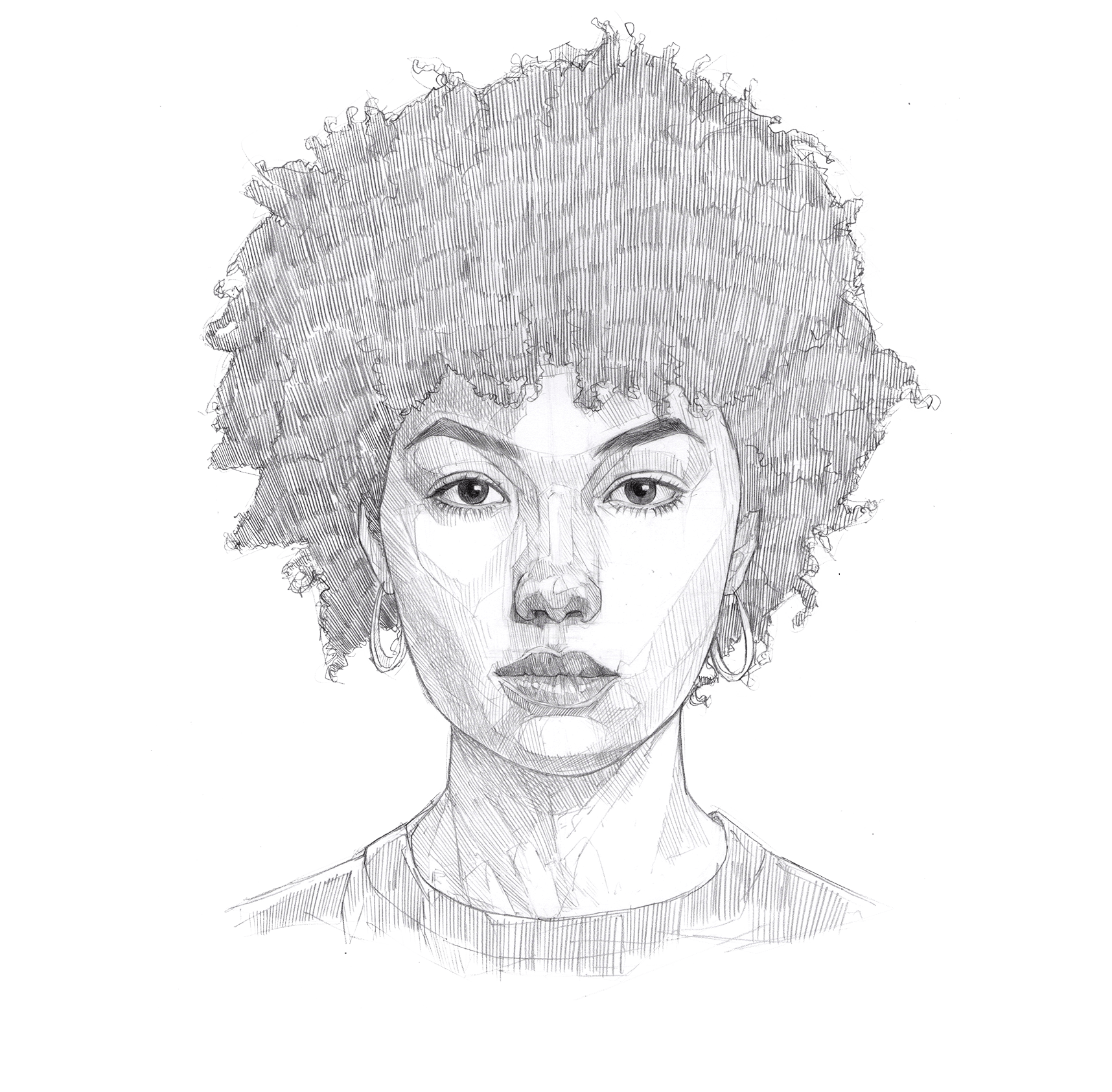Three major suggestions
I would say, like, three major [suggestions], for anyone providing help in these situations are: (1) Check your privilege. Know what that looks like, know who you are, know your position. (2) If you’re not a person of colour, know how to work with people of colour and practice allyship. You may not be the best counsellor for the person impacted, but you may know someone who is, and by exercising your allyship you can engage someone more suitable for the situation. (3) Learn to be comfortable with informal care. Not every situation or session is going to be the person in power sitting at the desk and the person that’s experienced sexual assault responding to prompts. It could be totally different from this. It can be any situation, any environment.
Recommendations
-
Create an inter-university and college roster of peer supporters and educators that includes international and domestic student leaders across genders.
-
When responding to a disclosure or report of sexual violence involving racially or ethnically marginalized students, provide these students with the choice to work with someone who shares their cultural or racial identity or someone who does not.
-
Engage in activities to develop anti-racism as it pertains to sexual violence prevention and response. Apply anti-racist practices in these areas.
-
Provide long-term support to victims/survivors through university services and/or through referals to external community-based agencies.

